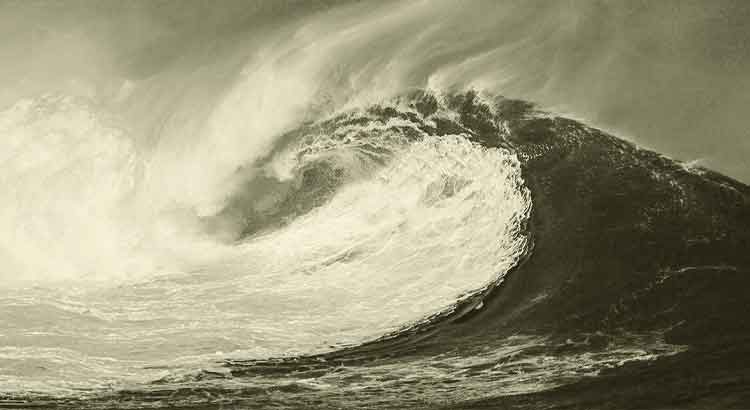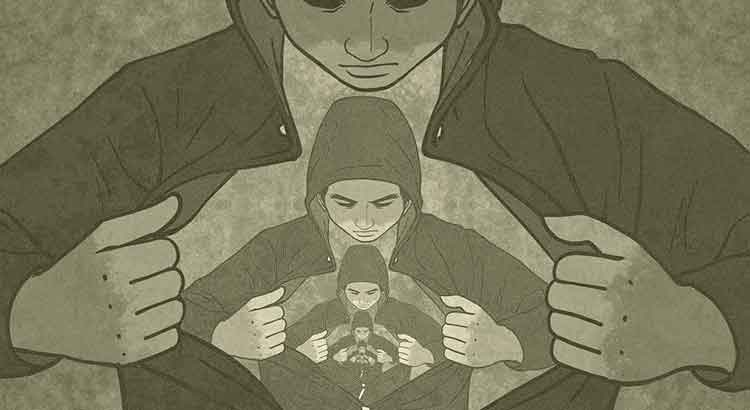The intellectual must be unpredictable, or he will not be worthy of the epithet. If the reader, in contact with the title of a work or a chronicle, can predict its content, then the author will be dead, plunged into disinterest. I say the obvious, is to confront the examples… Single-subject chroniclers remain, novelists with blinkers are majority. And if they achieve, these or those, the desired effects ever, the insistence only exposes their limitations. The intellectual must be dynamic, varied, unpredictable and comprehensive; otherwise, he should stop speaking…
____________
Read more:



